
Leuven: Belgium's Hidden Gem of Culture and History
Leuven, a small yet vibrant city in Belgium, offers a perfect blend of history, culture, and modern charm. Once you step into the city, you will be greeted by the majestic Gothic architecture of the Town Hall and the stunning St. Peter's Church. Leuven is also home to one of the oldest universities in Europe, KU Leuven, which adds a youthful energy to the city. Meander through the picturesque Old Market Square, often referred to as the 'longest bar in the world,' where you can savor local Belgian beers and enjoy the lively atmosphere. Don't miss the M-Museum, which houses an impressive collection of contemporary and classic art. Leuven is not just about history and architecture; it is also a green city with beautiful parks like the Kruidtuin Botanical Garden and Arenberg Castle Park. Whether you are a history buff, an art lover, or someone who simply enjoys a leisurely stroll in nature, Leuven has something to offer for everyone.
Local tips in Leuven
- Visit the Old Market Square in the evening to experience the local nightlife and try some Belgian beers.
- Don't forget to check out the University Library and its impressive tower for a panoramic view of the city.
- Take a leisurely walk or bike ride through the Kruidtuin Botanical Garden for a relaxing afternoon.
- Explore the M-Museum for a mix of contemporary and classic art exhibitions.
- Try local delicacies at Leuven's many cafes and restaurants, especially those around the Ladeuzeplein area.
Leuven: Belgium's Hidden Gem of Culture and History
Leuven, a small yet vibrant city in Belgium, offers a perfect blend of history, culture, and modern charm. Once you step into the city, you will be greeted by the majestic Gothic architecture of the Town Hall and the stunning St. Peter's Church. Leuven is also home to one of the oldest universities in Europe, KU Leuven, which adds a youthful energy to the city. Meander through the picturesque Old Market Square, often referred to as the 'longest bar in the world,' where you can savor local Belgian beers and enjoy the lively atmosphere. Don't miss the M-Museum, which houses an impressive collection of contemporary and classic art. Leuven is not just about history and architecture; it is also a green city with beautiful parks like the Kruidtuin Botanical Garden and Arenberg Castle Park. Whether you are a history buff, an art lover, or someone who simply enjoys a leisurely stroll in nature, Leuven has something to offer for everyone.
When is the best time to go to Leuven?
Iconic landmarks you can’t miss
Botanical Garden
Explore the Botanical Garden in Leuven - a serene escape filled with diverse flora, rich history, and tranquil beauty in the heart of Belgium.
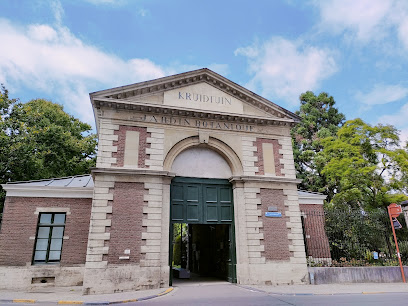
Leuven Oude Markt
Discover Leuven's vibrant gathering place, Oude Markt, where local culture, lively bars, and a bustling market scene create unforgettable experiences.
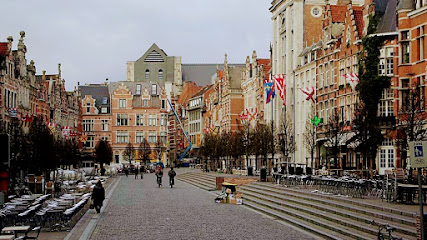
Groot Begijnhof Leuven
Explore the enchanting Groot Begijnhof in Leuven, a UNESCO World Heritage site filled with history, serene gardens, and captivating architecture.
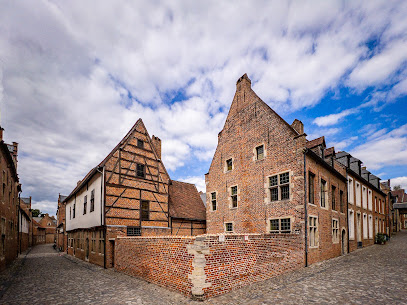
Ladeuzeplein
Discover the vibrant essence of Leuven at Ladeuzeplein, where history, culture, and community come together in a picturesque setting.
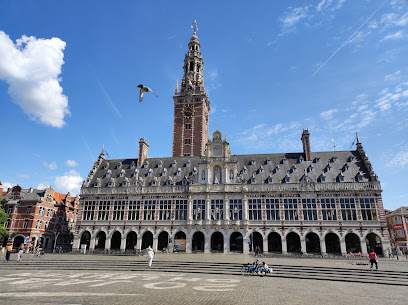
Grote Markt
Explore the stunning Grote Markt in Leuven, Belgium's vibrant historic square, adorned with magnificent Gothic architecture and lively local culture.
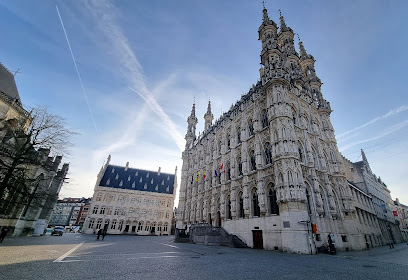
M Leuven
Experience the vibrant artistic landscape at M Leuven, Belgium's contemporary art museum featuring dynamic exhibitions and cultural events.
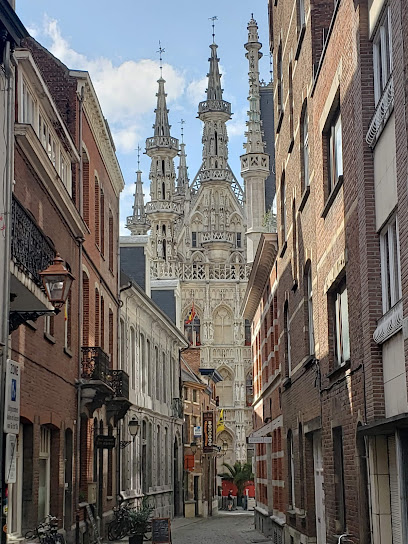
Arenberg Castle
Explore the historical beauty of Arenberg Castle in Leuven, Belgium. A picturesque destination blending rich heritage with stunning landscapes.
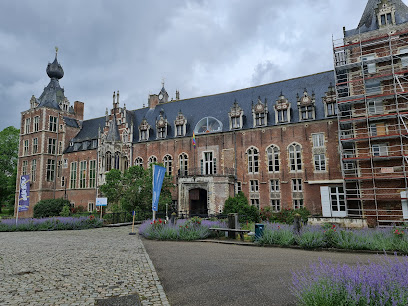
Historic Leuven Town Hall
Explore the Historic Leuven Town Hall, a stunning Gothic architectural gem in Belgium's vibrant city, showcasing rich history and cultural heritage.
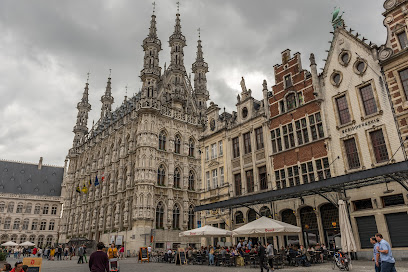
HAL 5
Experience the vibrant social scene at HAL 5, Leuven's premier event venue and bar, blending entertainment with a welcoming atmosphere.

Saint Peter's Church
Explore the stunning Gothic architecture and historical treasures of Saint Peter's Church in Leuven, a must-visit cultural landmark.
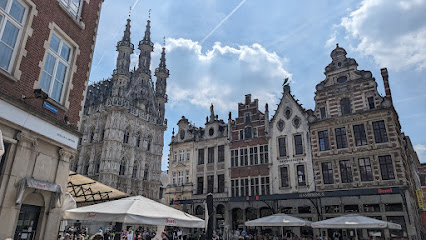
De Bruul Park
Discover the tranquil beauty of De Bruul Park, a hidden gem in Leuven, perfect for relaxing walks, family picnics, and enjoying nature's serenity.
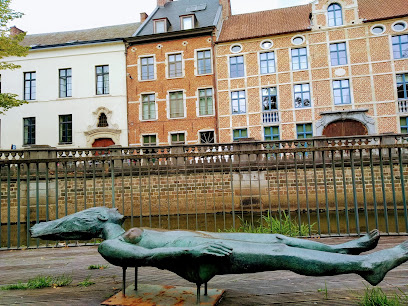
Sluispark
Discover the tranquility of Sluispark in Leuven, Belgium, a perfect urban retreat filled with lush greenery, serene waterways, and recreational activities.
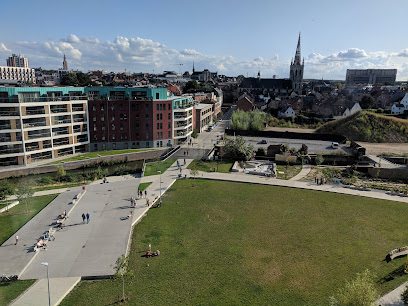
Exitroom Leuven
Experience the thrill of escape at Exitroom Leuven, where puzzles and teamwork lead to unforgettable adventures in Belgium's historic city.
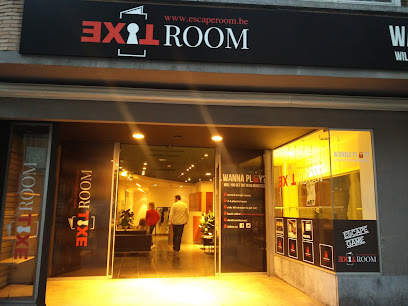
Fonske (statue)
Explore Fonske, Leuven's iconic statue symbolizing student life, rich culture, and vibrant community spirit in the heart of Belgium.
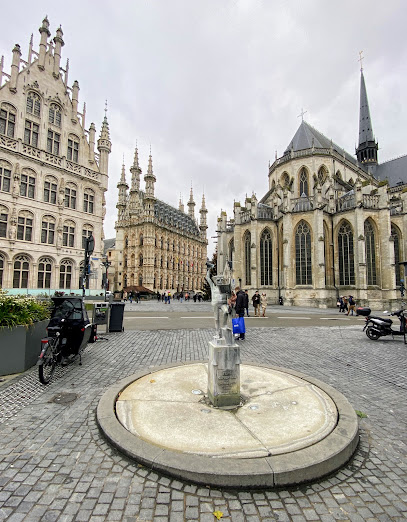
Escape House
Experience the thrill of adventure and teamwork at Escape House Leuven, Belgium's premier escape room destination.
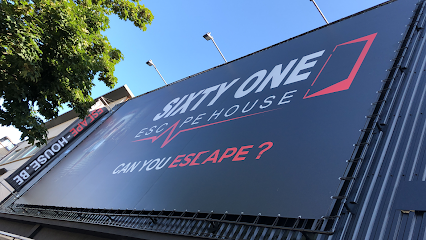
Unmissable attractions to see
Grand Place
Explore the Grand Place, a UNESCO World Heritage site in Brussels, known for its stunning architecture and vibrant cultural events.
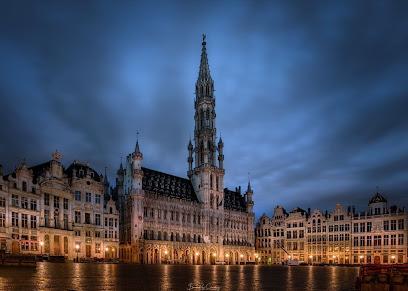
Manneken Pis
Discover the charm of Manneken Pis, Brussels' famous fountain that embodies the city’s playful spirit and rich cultural heritage.
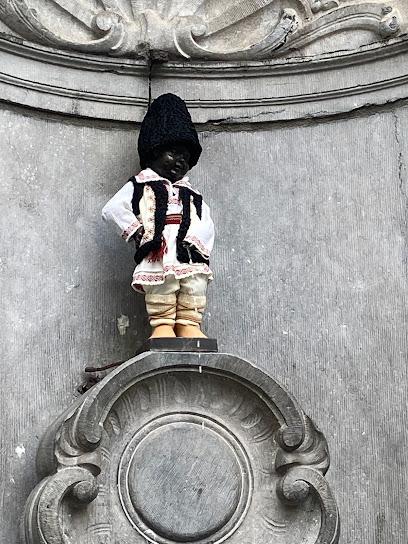
Royal Gallery of Saint Hubert
Explore the Royal Gallery of Saint Hubert in Brussels, a historic shopping arcade filled with luxury boutiques, chocolatiers, and cafes.
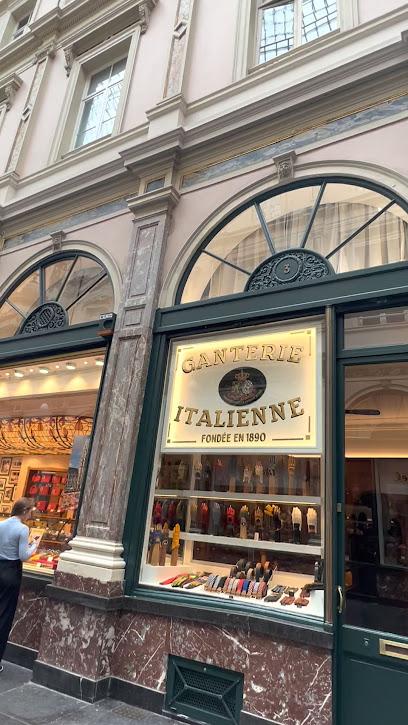
Parc du Cinquantenaire
Discover the beauty and rich history of Parc du Cinquantenaire, a stunning park in Brussels perfect for relaxation and exploration.

Delirium Café
Experience the vibrant atmosphere of Delirium Café in Brussels, home to over 2,000 beers and a cultural hub for locals and tourists alike.
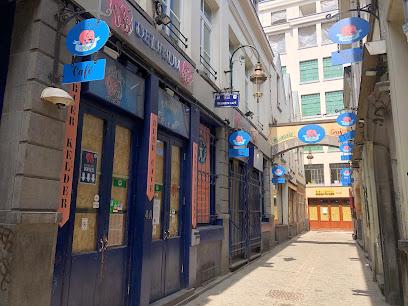
Parc de Bruxelles
Explore the serene Parc de Bruxelles, a historical park in the heart of Brussels, perfect for relaxation, picnics, and cultural experiences.
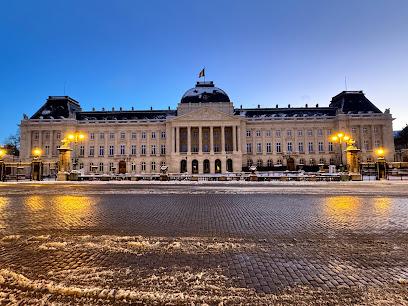
MAS - Museum aan de Stroom
Explore Antwerp's vibrant history at the MAS Museum aan de Stroom, a cultural gem along the River Scheldt offering diverse exhibits and stunning views.
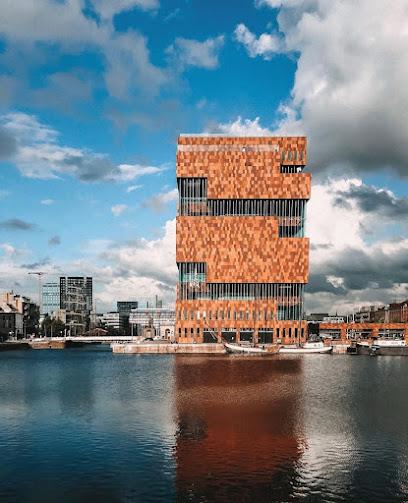
Citadelle de Namur
Discover the Citadelle de Namur: a historic fortress with stunning views, rich culture, and beautiful gardens in the heart of Belgium.
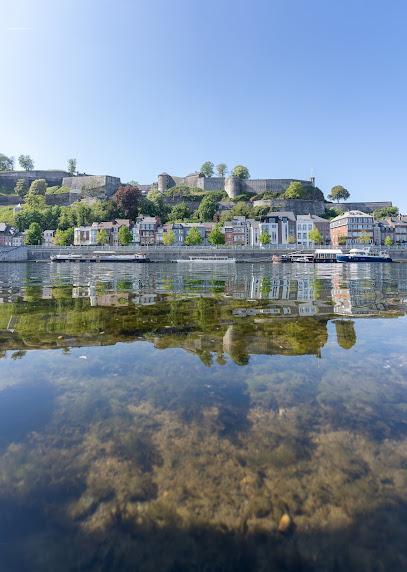
Bois de la Cambre
Explore the lush beauty of Bois de la Cambre in Brussels, a serene park perfect for relaxation, picnics, and outdoor activities amidst stunning landscapes.
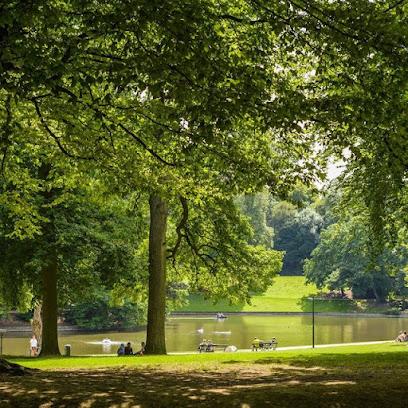
Royal Palace of Brussels
Explore the Royal Palace of Brussels, a stunning cultural landmark that showcases the history and heritage of Belgium in a magnificent setting.
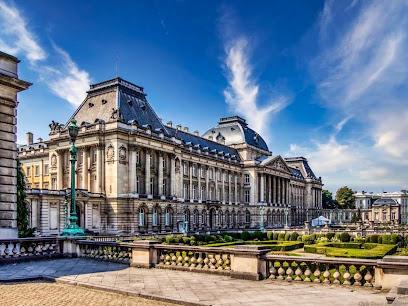
Royal Belgian institute of Natural Sciences
Explore the Royal Belgian Institute of Natural Sciences, a premier museum in Brussels showcasing nature's wonders and the importance of conservation.
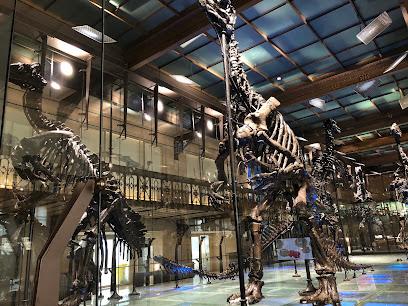
Brussels Expo
Explore the vibrant Brussels Expo, a premier convention center showcasing diverse events, exhibitions, and cultural experiences in Belgium.
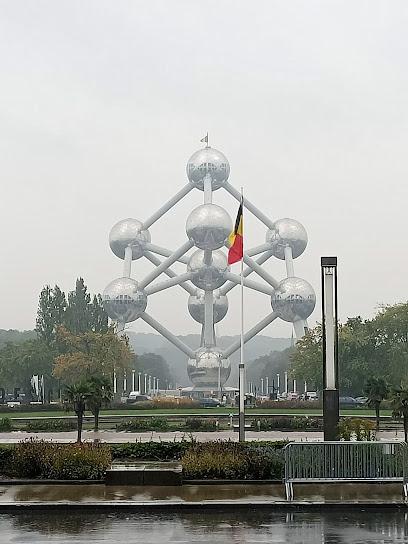
Cathedral of Our Lady
Discover the grandeur of Antwerp's Cathedral of Our Lady, a UNESCO World Heritage site showcasing breathtaking Gothic architecture and remarkable art.
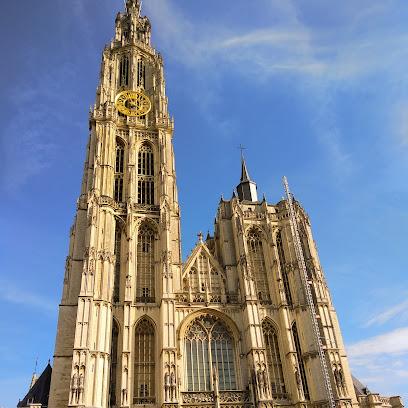
Autoworld
Explore the fascinating world of automobiles at Autoworld, a premier museum in Brussels showcasing a rich collection of historic and modern vehicles.
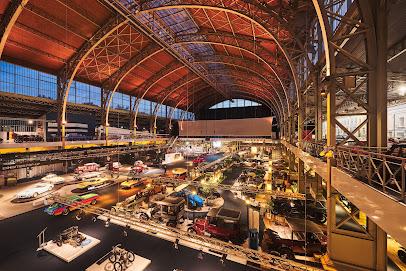
Royal Museums of Fine Arts of Belgium
Discover the Royal Museums of Fine Arts of Belgium, a cultural treasure trove in Brussels featuring masterpieces from the Flemish Primitives to modern art.
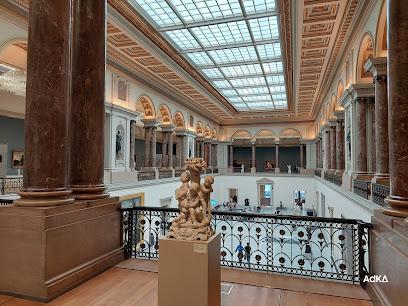
Essential places to dine
Dewerf
Experience authentic Belgian cuisine at Dewerf in Leuven - where local flavors meet international flair.
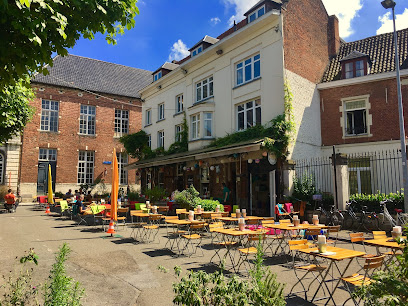
Baracca
Discover authentic Italian cuisine at Baracca in Leuven – where every meal is an unforgettable journey through Italy's flavors.

Mykene
Experience authentic Belgian cuisine at Mykene in Leuven - where local flavors meet warm hospitality.
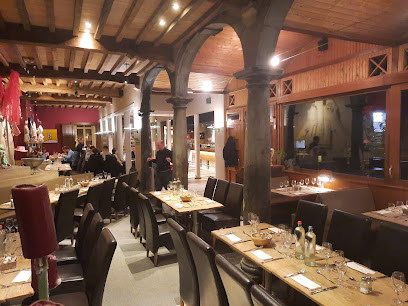
PepeNero
Experience authentic Italian cuisine at PepeNero in Leuven - where every dish is a celebration of flavors!
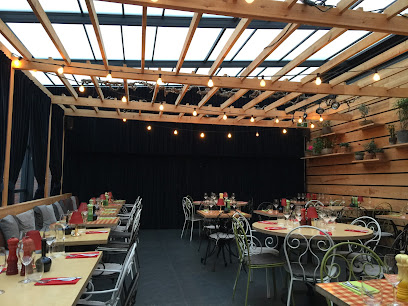
La Filosofia
Experience authentic Italian flavors at La Filosofia in Leuven - where every meal is a celebration of taste and tradition.

Zarza
Experience exceptional fine dining at Zarza in Leuven - where culinary artistry meets seasonal freshness in an elegant setting.
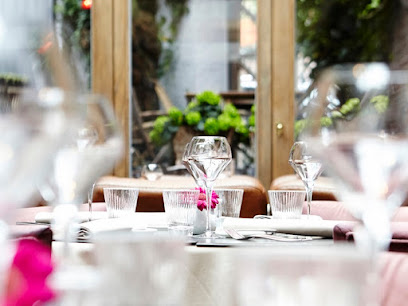
Barba
Experience exquisite Mediterranean cuisine at Barba in Leuven - where culinary artistry meets vibrant atmosphere.
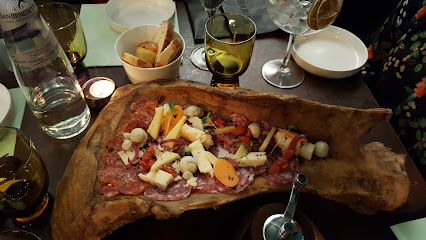
Zappaz
Discover exquisite fine dining at Zappaz in Leuven, where culinary artistry meets an elegant atmosphere for an unforgettable experience.
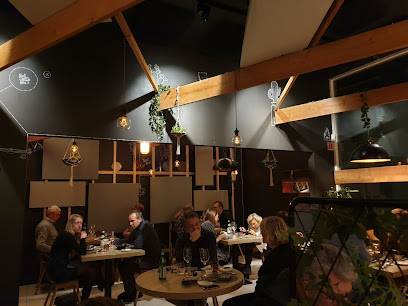
Het Moorinneken
Discover the flavors of Belgium at Het Moorinneken in Leuven - where traditional cuisine meets modern charm.
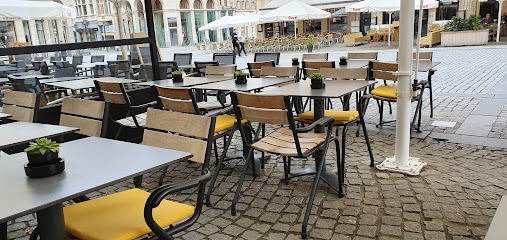
De Nachtuil
Discover the vibrant culinary scene at De Nachtuil in Leuven – where local flavors meet modern dining in an inviting atmosphere.
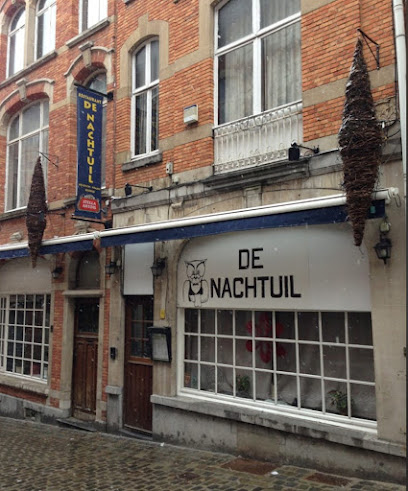
Het land aan de overkant
Experience fine dining at Het land aan de overkant in Leuven - where creativity meets culinary excellence for an unforgettable gastronomic journey.
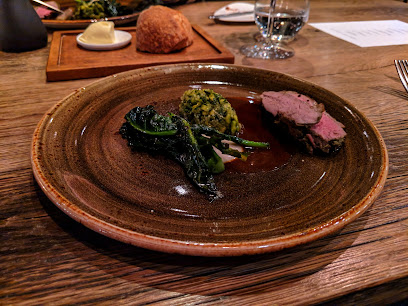
Den Angelus
Experience authentic Belgian cuisine at Den Angelus in Leuven - where tradition meets flavor in a cozy setting.
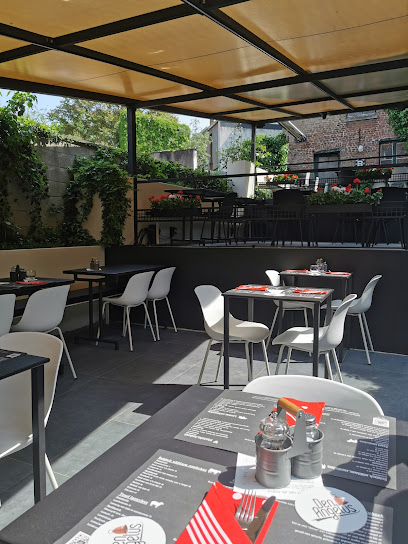
Couvert Couvert
Experience the pinnacle of fine dining at Couvert Couvert in Leuven - where culinary artistry meets exceptional service for an unforgettable meal.
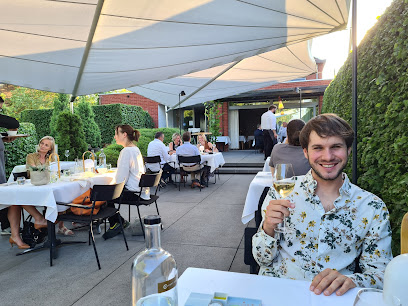
Taste
Indulge in exquisite culinary delights at Taste, Leuven's premier fine dining restaurant offering seasonal menus and exceptional service.
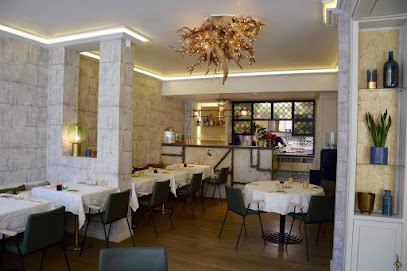
De Valck
Experience authentic Belgian cuisine at De Valck in Leuven—a culinary haven offering delightful dishes made from fresh local ingredients.
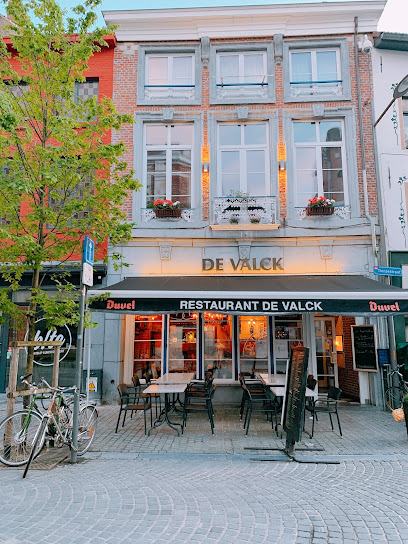
Markets, malls and hidden boutiques
Inno
Explore Inno, Leuven's vibrant department store, offering a wide range of fashion, cosmetics, and accessories for an unforgettable shopping experience in Belgium.
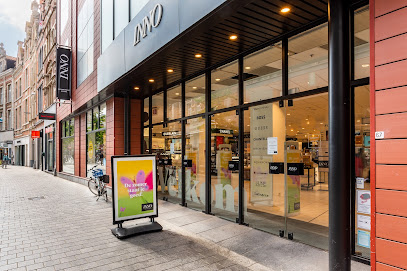
DreamLand Leuven
Explore DreamLand Leuven, the ultimate gift shop and a paradise for toy, book, and comic lovers in Belgium.
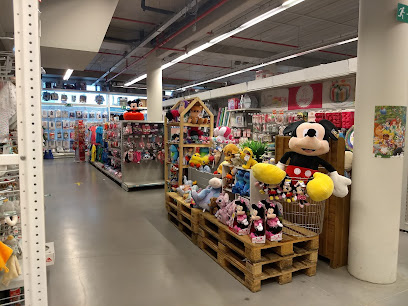
Action Leuven
Discover Action Leuven, the ultimate shopping haven offering gifts, DIY supplies, and home essentials in the heart of Leuven.
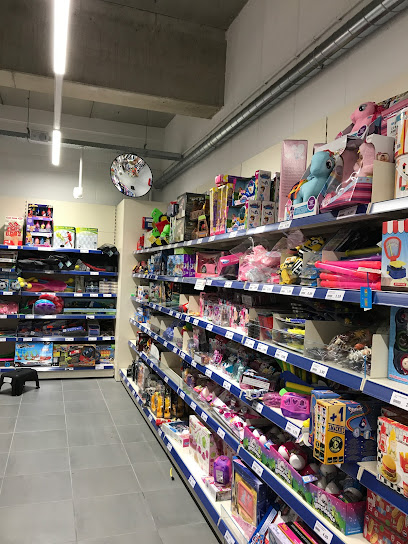
Dille & Kamille - Leuven
Discover the charm of Dille & Kamille in Leuven, your go-to destination for unique gifts, home goods, and exquisite teas.
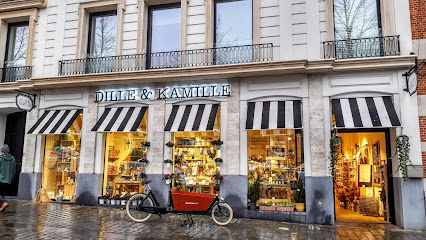
Flying Tiger Copenhagen
Explore the vibrant and quirky offerings at Flying Tiger Copenhagen, the ultimate gift shop in Leuven for unique souvenirs and local delights.
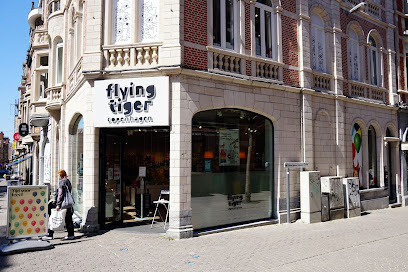
Think Twice Leuven
Shop sustainably at Think Twice Leuven, a secondhand clothing store offering unique fashion finds and vintage treasures in a vibrant atmosphere.

Patio Fashion
Explore Patio Fashion in Leuven for stylish women's clothing, exquisite dresses, and unique boutique finds that elevate your wardrobe.

Casa
Discover unique gifts and stylish home goods at Casa in Leuven, your ultimate shopping destination for Belgian craftsmanship and design.
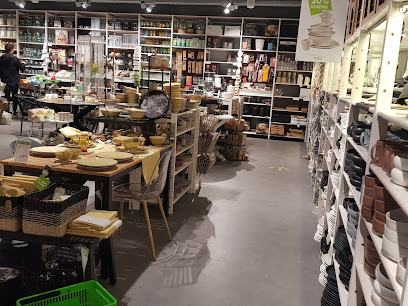
Jelly Jazz - Leuven
Explore Jelly Jazz in Leuven for unique handcrafted gifts and local art that capture the spirit of this vibrant city.
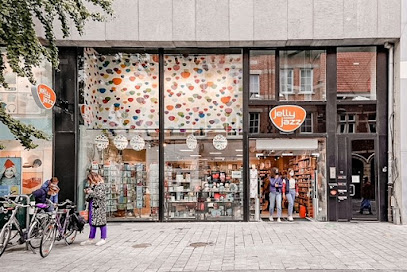
VAUDE Store Leuven
Discover the VAUDE Store in Leuven for eco-friendly outdoor gear and expert advice, perfect for your next adventure in Belgium.
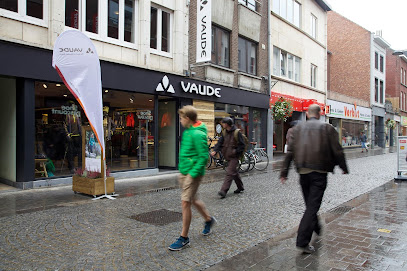
Animaux Spéciaux
Explore the enchanting world of taxidermy at Animaux Spéciaux in Leuven, where unique gifts and curiosities await every curious traveler.
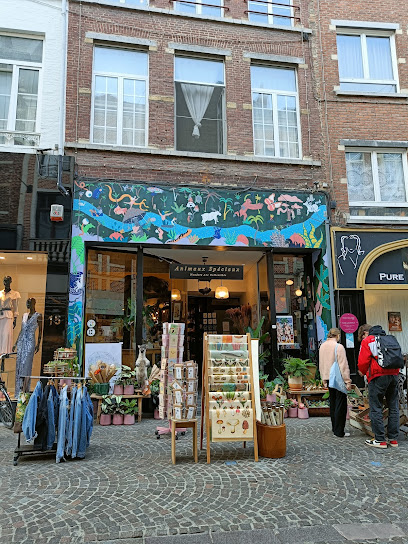
Giraffe Leuven
Explore Giraffe Leuven, a stylish clothing store in the heart of Leuven offering a diverse range of fashion that caters to all tastes and preferences.

Cook & Serve Leuven
Explore Cook & Serve Leuven for a unique collection of kitchenware and home goods that celebrate culinary creativity.
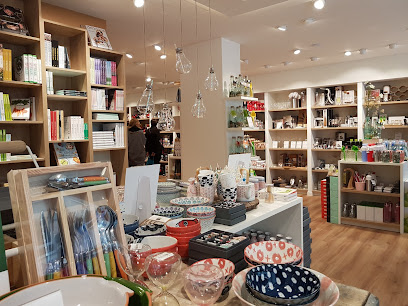
Heem
Discover Heem, Leuven's unique gift shop offering exquisite furniture accessories and memorable souvenirs for every taste.

Brown Betty
Discover Brown Betty in Leuven: A charming gift shop with gourmet delights, perfect for unique souvenirs and cozy coffee moments.
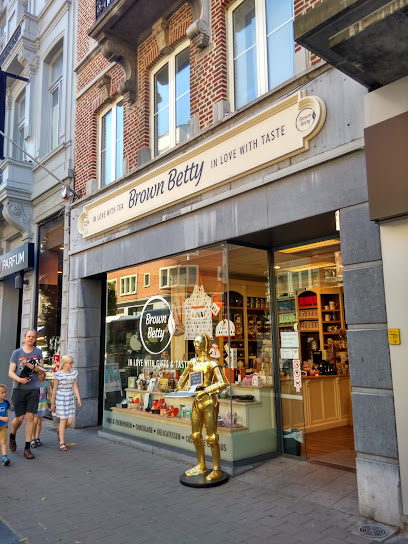
Essential bars & hidden hideouts
Bar Nine
Experience Leuven's vibrant nightlife at Bar Nine, where expertly crafted cocktails meet a lively atmosphere in the heart of the city.
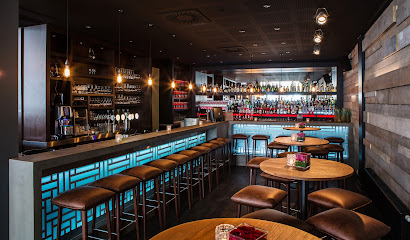
Café Belge
Explore Leuven’s vibrant beer culture at Café Belge, where unique brews and a welcoming atmosphere await.
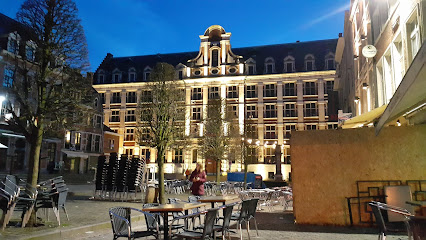
Barvista
Experience the vibrant nightlife at Barvista, Leuven's premier cocktail bar and dance club, where every night promises unforgettable memories.
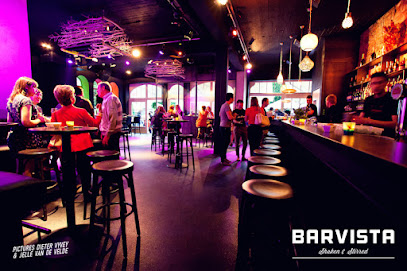
De Metafoor
Experience the vibrant atmosphere and extensive drink menu at De Metafoor, a top bar in Leuven, Belgium's lively nightlife scene.
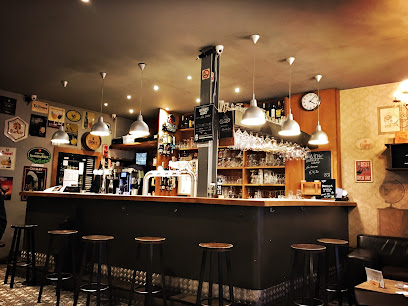
De Blauwe Kater
Experience the vibrant nightlife of Leuven at De Blauwe Kater, a cultural hub offering a diverse drink selection and lively music in a welcoming atmosphere.
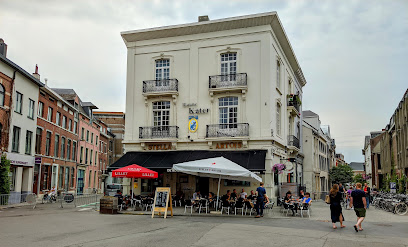
Bar Louis
Experience the best of Leuven at Bar Louis, a charming bar and restaurant offering local flavors and a cozy atmosphere in the heart of the city.
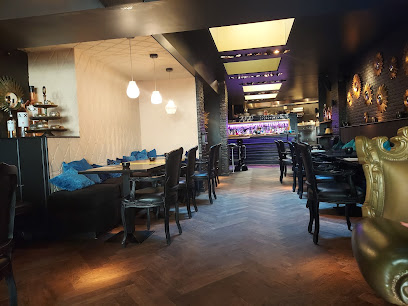
Gainsbourg
Explore Gainsbourg in Leuven, a stylish grill and cocktail bar offering exquisite dishes and innovative drinks in a vibrant atmosphere.
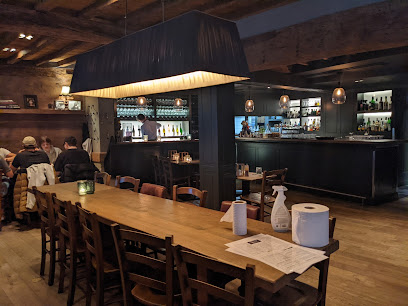
bar Stan
Experience the vibrant atmosphere and delicious cuisine at Bar Stan, Leuven's premier bar and restaurant, perfect for any occasion.
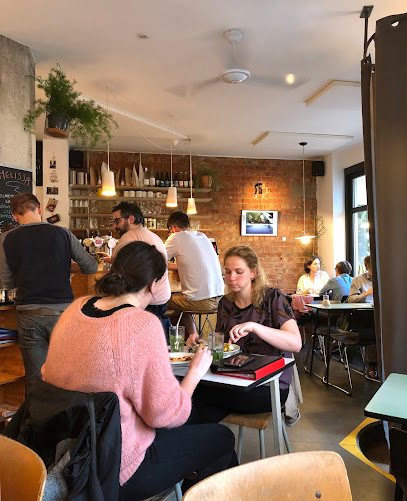
Bar Del Sol
Experience the charm of Leuven at Bar Del Sol, a popular bar and café offering a diverse menu in a lively atmosphere.
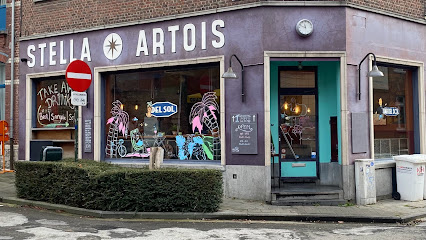
Ambiorix
Discover the dynamic bar Ambiorix in Leuven, where lively vibes meet a blend of cafe and club experiences for an unforgettable night out.
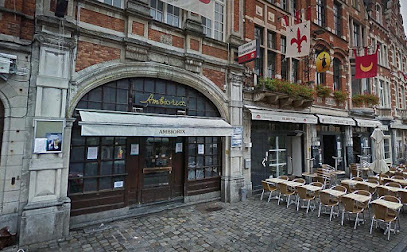
Dokteur
Experience the cozy charm of Dokteur, a top bar and café in Leuven, where delightful drinks and a welcoming atmosphere await every visitor.
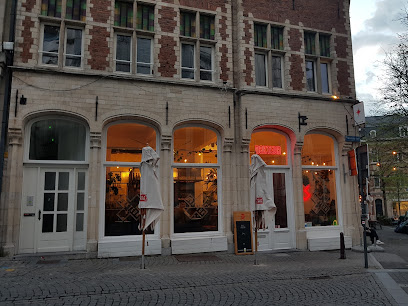
Bardot
Experience the vibrant atmosphere and exquisite tapas at Bardot, Leuven's top bar for locals and tourists alike, right in the heart of the city.
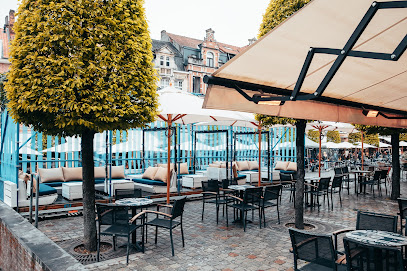
Bar Rustic
Experience the essence of Belgian nightlife at Bar Rustic, a lively bar in Leuven with a cozy ambiance and extensive drink selection.
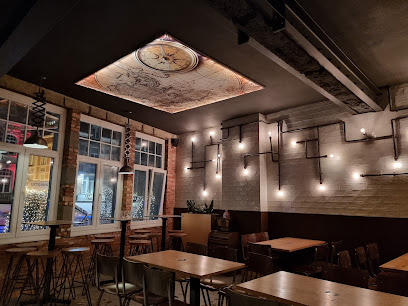
De Giraf
Experience the vibrant nightlife of Leuven at De Giraf, a lively bar offering a diverse selection of drinks and a welcoming atmosphere.
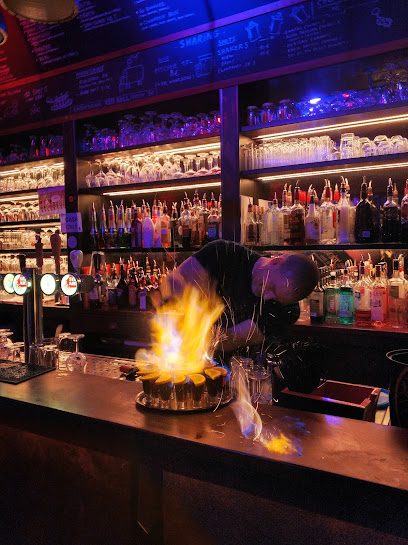
Local Phrases
-
- HelloHallo
[ha-lo] - GoodbyeTot ziens
[tot zeens] - YesJa
[ya] - NoNee
[nee] - Please/You're welcomeAlstublieft
[ahl-stu-bleeft] - Thank youDank u
[dahnk oo] - Excuse me/SorrySorry
[soh-ree] - How are you?Hoe gaat het?
[hoo gat het] - Fine. And you?Goed. En met jou?
[khoot. en met yow] - Do you speak English?Spreekt u Engels?
[spraykt oo eng-els] - I don't understandIk begrijp het niet
[ik buh-grayp het neet]
- HelloHallo
-
- I'd like to see the menu, pleaseIk zou graag de menukaart zien, alstublieft
[ik zow khraakh de meh-noo-kart seen, ahl-stu-bleeft] - I don't eat meatIk eet geen vlees
[ik ayt khayn vlays] - Cheers!Proost!
[prohst] - I would like to pay, pleaseIk zou graag willen betalen, alstublieft
[ik zow khraakh vil-len buh-tah-lun, ahl-stu-bleeft]
- I'd like to see the menu, pleaseIk zou graag de menukaart zien, alstublieft
-
- Help!Help!
[help] - Go away!Ga weg!
[ga wekh] - Call the Police!Bel de politie!
[bel duh po-lee-see] - Call a doctor!Bel een dokter!
[bel ayn dok-tur] - I'm lostIk ben verdwaald
[ik ben fur-dwahld] - I'm illIk ben ziek
[ik ben zik]
- Help!Help!
-
- I'd like to buy...Ik zou graag kopen...
[ik zow khraakh koh-pun] - I'm just lookingIk kijk alleen maar
[ik kayk a-layn mahr] - How much is it?Hoeveel kost het?
[hoo-vayl kost het] - That's too expensiveDat is te duur
[dat is tuh dur] - Can you lower the price?Kunt u de prijs verlagen?
[kunt oo duh prays fur-lah-khun]
- I'd like to buy...Ik zou graag kopen...
-
- What time is it?Hoe laat is het?
[hoo laht is het] - It's one o'clockHet is één uur
[het is eyn oor] - Half past (10)Half elf
[half elf] - MorningOchtend
[okh-tent] - AfternoonNamiddag
[nah-mid-dakh] - EveningAvond
[ah-vont] - YesterdayGisteren
[khis-tur-un] - TodayVandaag
[vahn-dakh] - TomorrowMorgen
[mohr-khun] - 1Een
[eyn] - 2Twee
[tvay] - 3Drie
[dree] - 4Vier
[veer] - 5Vijf
[vayf] - 6Zes
[zess] - 7Zeven
[zay-vun] - 8Acht
[ahkht] - 9Negen
[nay-khun] - 10Tien
[teen]
- What time is it?Hoe laat is het?
-
- Where's a/the...?Waar is de...
[var is duh] - What's the address?Wat is het adres?
[vat is het ah-dres] - Can you show me (on the map)?Kunt u me dat tonen (op de kaart)?
[kunt oo muh dat toh-nun (op duh kart)] - When's the next (bus)?Wanneer is de volgende (bus)?
[vahn-er is duh vol-guhn-duh (bus)] - A ticket (to ....)Een ticket (naar ....)
[eyn tee-kut (nar)]
- Where's a/the...?Waar is de...
History of Leuven
-
Leuven, located in the Flemish Brabant region of Belgium, was officially founded in the 9th century. The city's name is derived from the word 'Loven,' which means 'low' or 'leveled' land. It quickly became an important center for trade and commerce due to its strategic location along the river Dijle.
-
One of the earliest significant historical events in Leuven was the Battle of Leuven in 891. King Arnulf of Carinthia led the East Frankish forces to victory against the invading Viking army. This battle marked the end of Viking incursions in the region, solidifying Leuven's place in European history.
-
Founded in 1425 by Pope Martin V, the Katholieke Universiteit Leuven (KU Leuven) is one of the oldest and most prestigious universities in Europe. It was originally established as a center for Catholic education and has since evolved into a leading research university, attracting scholars from around the globe.
-
During the Renaissance period, Leuven became a hub of intellectual and artistic activity. The city attracted many scholars, artists, and thinkers, contributing to the spread of Renaissance ideas throughout Northern Europe. The University Library and the Collegium Trilingue, established in 1517, were pivotal in promoting humanist thought.
-
Leuven faced significant turmoil during the Eighty Years' War. In 1635, the city was sacked by French and Dutch troops, leading to widespread destruction and loss of life. This event significantly impacted the city's development and left a lasting mark on its history.
-
The 19th century brought significant changes to Leuven with the advent of the Industrial Revolution. The city saw rapid urban growth and industrialization, with the establishment of breweries, textile mills, and other industries. This period also witnessed the expansion of the university and the construction of new infrastructure.
-
During World War I, Leuven was occupied by German forces. In August 1914, the city suffered severe damage when the German army set fire to the city, destroying the university library and many historical buildings. This event drew international condemnation and highlighted the cultural losses suffered during the war.
-
Following the devastation of World War I, Leuven underwent extensive reconstruction. The university library was rebuilt with international support, and the city gradually recovered. In the modern era, Leuven continues to thrive as a center of education, culture, and innovation, with a vibrant community and rich historical heritage.
-
Leuven is renowned for its rich beer heritage, being home to the Stella Artois brewery, which was established in 1926. The city's beer culture is deeply ingrained in its social fabric, with numerous breweries, beer cafes, and festivals celebrating this tradition. Leuven's beer culture attracts visitors from all over the world, making it a key aspect of the city's identity.
Leuven Essentials
-
Leuven is conveniently located just 25 kilometers east of Brussels, the capital of Belgium. The nearest international airport is Brussels Airport (BRU), which is a 15-minute train ride from Leuven. Direct trains to Leuven run frequently from Brussels Airport. Alternatively, you can reach Leuven by train from major European cities like Paris, Amsterdam, and Cologne via Brussels. If you prefer driving, Leuven is accessible via the E40 highway.
-
Leuven is a compact city, and many of its attractions are easily accessible on foot or by bicycle. The city has an extensive network of bike lanes and rental services. For public transportation, buses operated by De Lijn cover the city and its outskirts. Taxis are available but can be relatively expensive. Leuven’s train station connects to other Belgian cities, making day trips convenient. Renting a car is an option, but parking in the city center can be challenging.
-
Belgium uses the Euro (EUR) as its currency. Credit and debit cards are widely accepted in hotels, restaurants, and shops. However, it is advisable to carry some cash, particularly for small purchases at local markets and smaller establishments. ATMs are plentiful throughout Leuven, and most accept international cards. Contactless payments and mobile payment options are also increasingly popular.
-
Leuven is generally a safe city for tourists, with a low crime rate. However, it is always wise to stay vigilant, particularly in crowded areas like the city center and the train station. Avoid poorly lit areas at night and keep an eye on your belongings to avoid petty theft. There are no specific high-crime areas targeting tourists, but it is advisable to exercise standard precautions.
-
In case of emergency, dial 112 for immediate assistance, which is the general emergency number for police, fire brigade, and medical services. Leuven has several hospitals and clinics, such as UZ Leuven, which is one of the largest hospitals in Belgium. Pharmacies are available throughout the city for minor health issues. It is recommended to have travel insurance that covers medical emergencies.
-
Fashion: Do dress comfortably and appropriately for the weather. Casual attire is generally acceptable, but avoid overly revealing clothing when visiting religious sites. Religion: Do respect local customs. When visiting churches, dress modestly and remain quiet. Public Transport: Do validate your ticket before boarding buses. Don't eat or drink on public transport. Greetings: Do greet people with a friendly 'hello' or 'goede dag.' Handshakes are common in formal settings. Eating & Drinking: Do try local delicacies like Belgian waffles and beer. Don't leave a tip on the table; service charges are usually included in the bill.
-
To experience Leuven like a local, visit the Oude Markt, often referred to as the 'longest bar in the world,' for a vibrant nightlife experience. Explore the local markets, such as the Friday market at Ladeuzeplein, for fresh produce and local crafts. Engage with locals by visiting neighborhood cafes and trying regional dishes. Don’t miss the University Library and its tower for a panoramic view of the city. For an off-the-beaten-path experience, stroll through the Groot Begijnhof, a well-preserved beguinage dating back to the 13th century.
Nearby Cities to Leuven
-
Things To Do in Mechelen
-
Things To Do in Louvain-la-Neuve
-
Things To Do in Brussels
-
Things To Do in Antwerp
-
Things To Do in Hasselt
-
Things To Do in Aalst
-
Things To Do in Namur
-
Things To Do in Genk
-
Things To Do in Liege
-
Things To Do in Dinant
-
Things To Do in Ghent
-
Things To Do in Mons
-
Things To Do in Maastricht
-
Things To Do in Durbuy
-
Things To Do in Eindhoven













